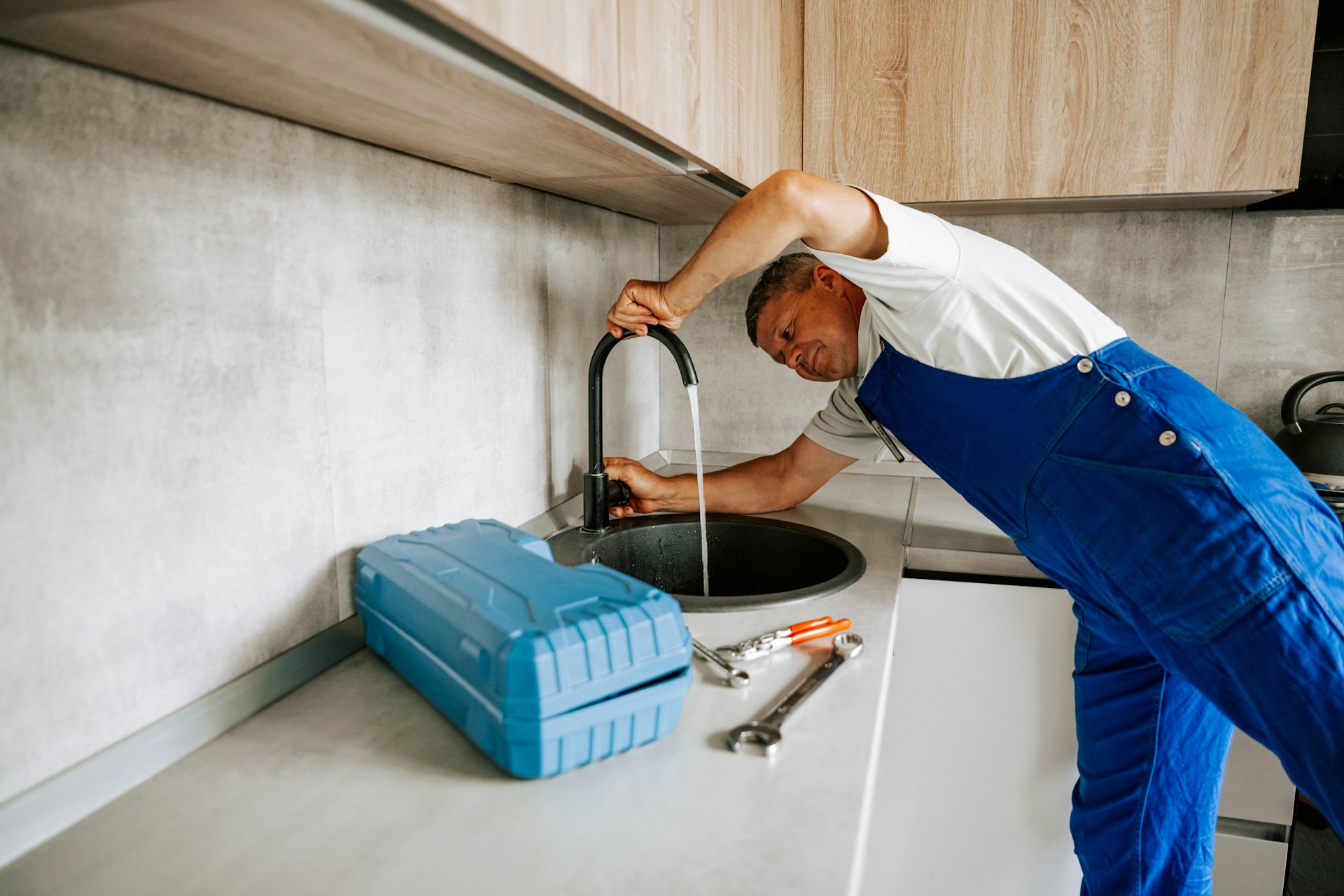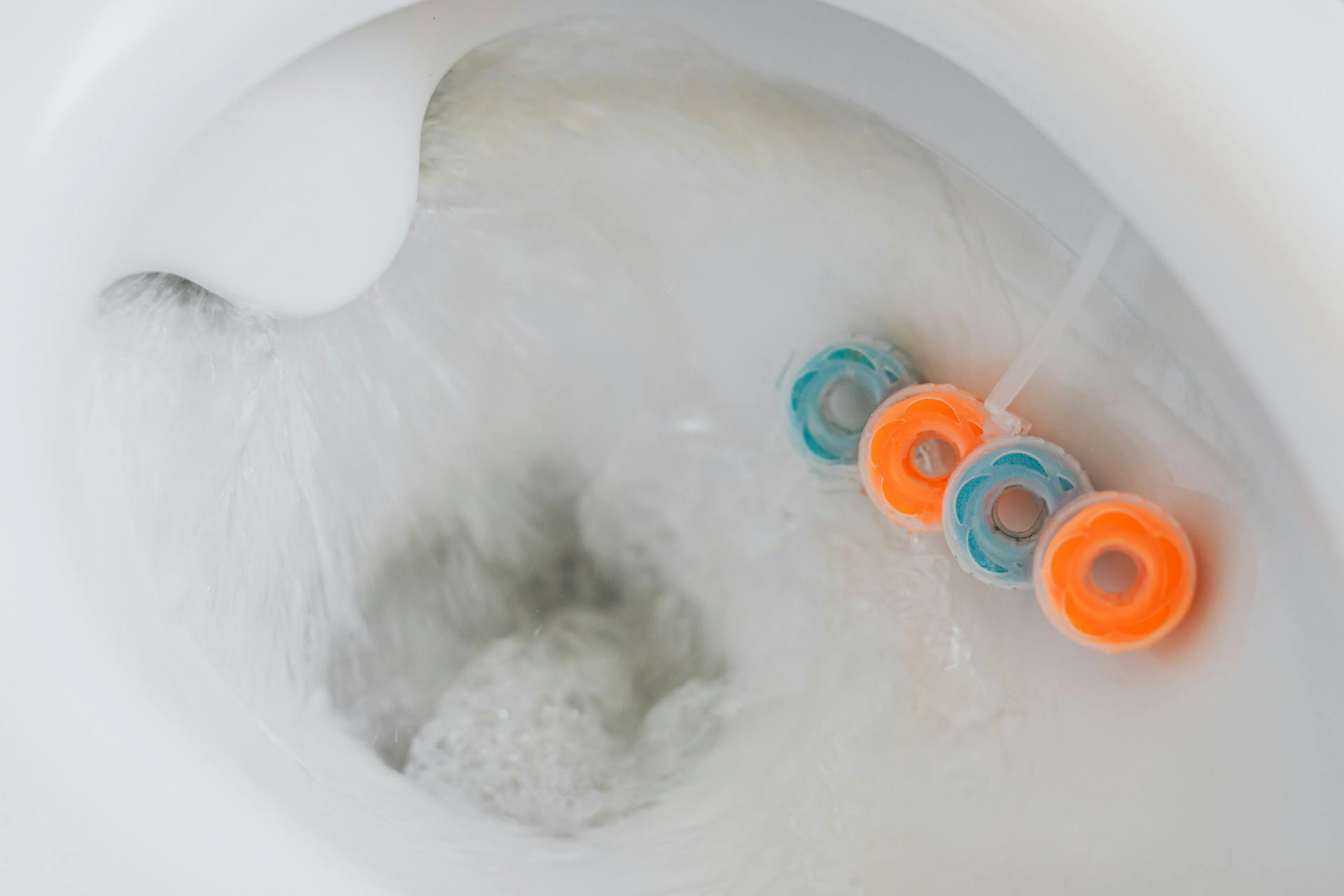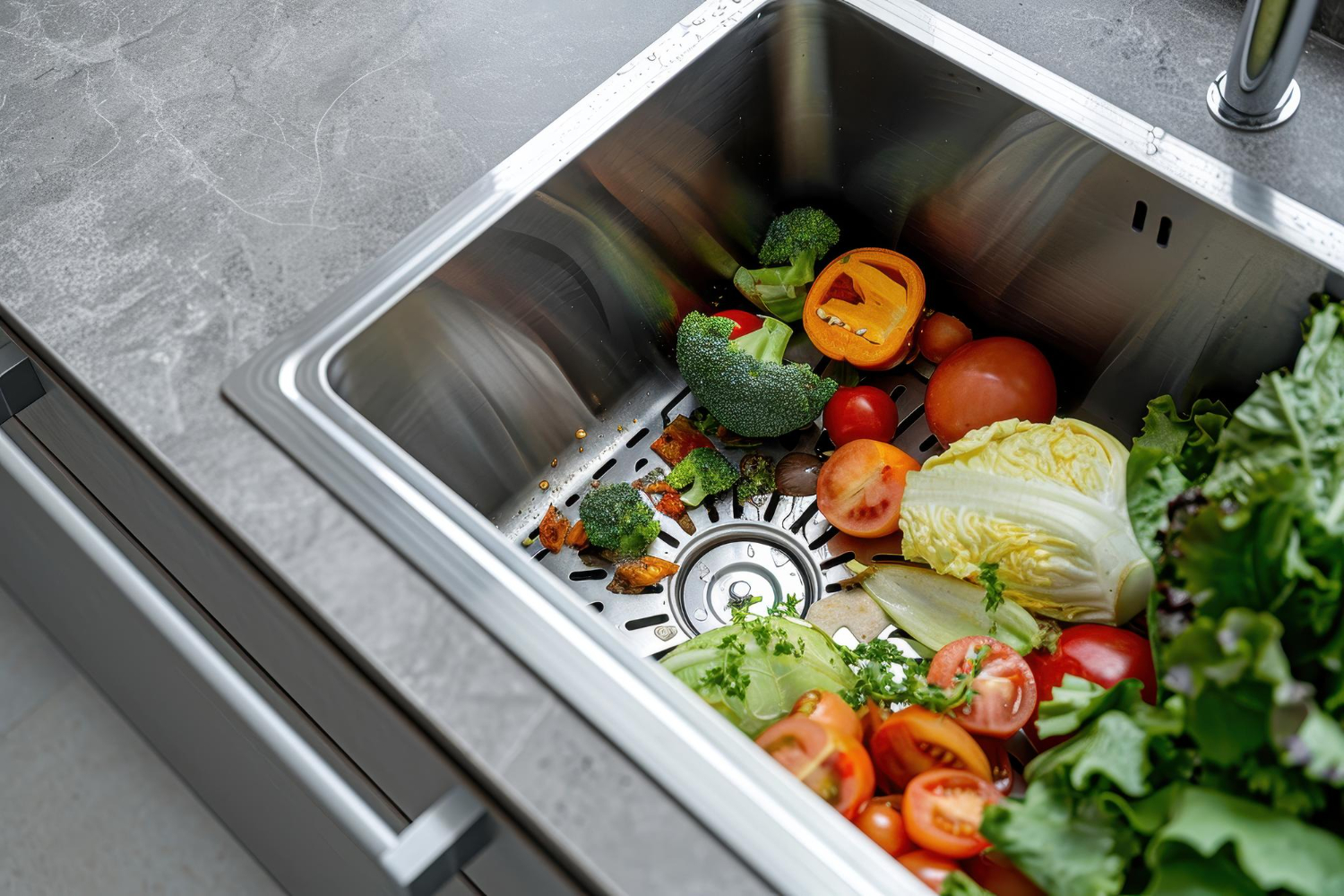Air conditioning systems play an essential role in keeping our homes and workplaces comfortable, especially during the hot summer months. Understanding how these systems work can help you make better decisions about AC installation, maintenance, and repair. By knowing the core components and their functions, you can identify when something isn’t working right and take timely action.
The Core Components of Air Conditioning Systems
Overview of the Main Parts
An air conditioning system consists of several key components, each with a specific role in the cooling process. The main parts include the compressor, condenser, and evaporator. These components work together to cool your home efficiently.
The compressor is often referred to as the heart of the air conditioner. It pumps refrigerant through the system, converting it from a low-pressure gas to a high-pressure gas. The condenser, usually located outside your home, is where the high-pressure gas releases its heat and turns into a high-pressure liquid. Lastly, the evaporator, typically found inside your home, absorbs heat from the indoor air, causing the liquid refrigerant to evaporate into a gas once again.
Call Us
Types of Air Conditioning Systems
Central Air Conditioning
Central air conditioning systems are commonly used for cooling larger homes and buildings. These systems circulate cool air through a network of ducts, providing consistent and uniform cooling. Central AC systems are efficient for maintaining a steady temperature throughout the entire home, making them a popular choice for households and businesses.
Ductless Mini-Split Systems
Ductless mini-split systems are ideal for homes without existing ductwork. These systems consist of an outdoor compressor and one or more indoor air handlers. They offer flexibility in installation and can be used to cool specific rooms or zones. One significant advantage is that they allow for individual temperature control in different areas, enhancing comfort and efficiency.
Window Units
Window units are compact air conditioning systems installed in windows or through walls. They are suitable for cooling single rooms or small spaces. Although less efficient than central air systems, window units are affordable and easy to install. They are a practical solution for temporary cooling needs or for homes without a central cooling system.
Portable Units
Portable air conditioning units can be moved from room to room, making them versatile options for cooling different areas as needed. These units are easy to set up and require only a power outlet and a window for venting the exhaust air. While convenient, portable units are less efficient than other types and are best suited for temporary or supplemental cooling.
Pros and Cons of Each Type
Each type of air conditioning system comes with its own set of advantages and disadvantages. Central air systems offer uniform cooling but can be expensive and require ductwork. Ductless mini-split systems provide flexibility and energy efficiency but have higher upfront costs. Window units are affordable and easy to install but less efficient and can obstruct windows. Portable units offer mobility and ease of installation but provide less efficient cooling.
Understanding these pros and cons can help you choose the best air conditioning system for your needs. Whether it’s for a single room or an entire building, selecting the right type ensures optimal comfort and efficiency.
Importance of Regular AC Maintenance
Benefits of Routine Maintenance
Regular AC maintenance is essential for the longevity and efficiency of your air conditioning system. Routine upkeep ensures that your system runs smoothly and effectively, reducing the likelihood of unexpected breakdowns. Key benefits include improved air quality, increased energy efficiency, and a longer lifespan for your AC unit. Regular maintenance can also help identify potential issues early, preventing more costly repairs down the line. A well-maintained AC system works optimally, providing consistent cooling and comfort in your home.
Common Maintenance Tasks
Several routine tasks are crucial for maintaining your air conditioning system. One of the simplest yet most effective tasks is changing the air filter regularly. Dirty filters can restrict airflow, making your unit work harder and less efficiently. Cleaning the coils is another important task. Dirt and debris can accumulate on the coils, reducing their ability to absorb heat. Our professionals can also check the refrigerant levels and ensure that the system is properly charged. Lubricating moving parts and inspecting the thermostat for accuracy are other essential tasks.
How Regular AC Maintenance Prevents Costly Repairs
Routine AC maintenance can save you from costly repairs by catching minor issues before they become major problems. For instance, a small refrigerant leak, if left unchecked, can lead to compressor failure, a much more expensive repair. Regular maintenance checks can identify such leaks early. Ensuring that coils and filters are clean also prevents strain on the system, reducing the risk of component failure. By investing in regular maintenance, you ensure that your air conditioning system remains reliable and efficient, saving you money in the long run.
When to Consider Repair or Replacement
Signs Your AC Might Need Repair
Knowing when your AC system needs repair can help maintain its efficiency and prolong its life. Some common signs include strange noises coming from the unit, such as grinding or squealing sounds, which may indicate a problem with the motor or other internal parts. Poor airflow is another indicator. If certain rooms in your home are not cooling as they should, there could be a blockage or duct issue. Additionally, if you notice unusual odors, it may suggest mold growth inside the ducts or issues with the wiring.
Indicators That It’s Time for a Replacement
While minor issues can often be repaired, there are certain indicators that it’s time for an AC replacement. If your unit is over 10-15 years old, it may not be worth the cost of frequent repairs. Frequent breakdowns are another sign that replacement might be more cost-effective. Rising energy bills can also indicate that your AC is no longer running efficiently. An older unit will likely consume more energy, increasing your utility costs. Inconsistent temperatures throughout your home may suggest the system can no longer maintain the desired indoor climate.
Long-Term Advantages of Timely AC Replacement
Replacing an outdated or frequently malfunctioning air conditioning unit offers several long-term benefits. A new AC installation will likely be more energy-efficient, resulting in lower energy bills. Modern systems also offer advanced features such as programmable thermostats, better air filtration, and quieter operation. Investing in a new unit reduces the frequency of repairs and provides more reliable performance. Additionally, a new system can enhance your home’s overall comfort and indoor air quality. Considering thermostat installation or replacement during an AC upgrade can further optimize your system’s efficiency.
Conclusion
Understanding the basics of air conditioning systems can make a significant difference in maintaining a comfortable home or workplace. From knowing the core components and types of systems to recognizing the importance of regular maintenance and the signs for repair or replacement, being informed helps you make better decisions. Regular AC maintenance is essential for ensuring the efficiency and longevity of your unit. When it’s time for a replacement, investing in modern, energy-efficient systems can offer long-term benefits, including lower energy bills and improved comfort.
At Eagle Pipe Heating & Air, our professionals are here to assist with all your air conditioning needs, from routine maintenance and repairs to new installations and thermostat upgrades. Ensuring your system runs smoothly and efficiently is our priority. Contact us today to schedule a service and experience the benefits of a well-maintained air conditioning in Bremerton, WA.





